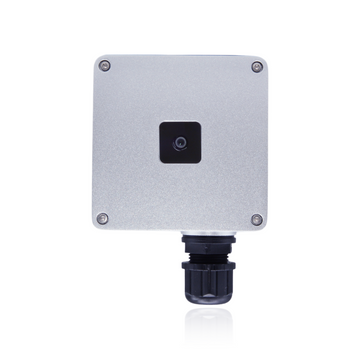Based on
Connection
Ethernet 1Gbps
Dot projector
No
Infrared
No
IMU
None
Sensor 1 - IMX378
Type
Color
DFOV / HFOV / VFOV
Size
1/2.3
Shutter
Rolling
Focus
Auto

Looking for more details? Visit specific features at Platform -> Features
RVC2 inside
- 4 TOPS of processing power (1.4 TOPS for AI) - RVC2 NN Performance
- Run any AI model, even custom-architectured/built ones - models need to be converted.
- Encoding: H.264, H.265, MJPEG - 4K/30FPS, 1080P/60FPS
- Computer vision: warp/dewarp, resize, crop via ImageManip node, edge detection, feature tracking. You can also run custom CV functions
- Object tracking: 2D and 3D tracking with ObjectTracker node
- On-device programming: Run custom logic/tasks on-device (guide)
Power consumption
- Base consumption + PoE circuitry + camera streaming: 3W - 3.5W
- AI subsystem consumption: Up to 1W
- Stereo depth pipeline subsystem: Up to 0.5W
- Video Encoder subsystem: Up to 0.5W
Operating temperature
Similar models
OAK-1 PoEOAK-1 W PoE